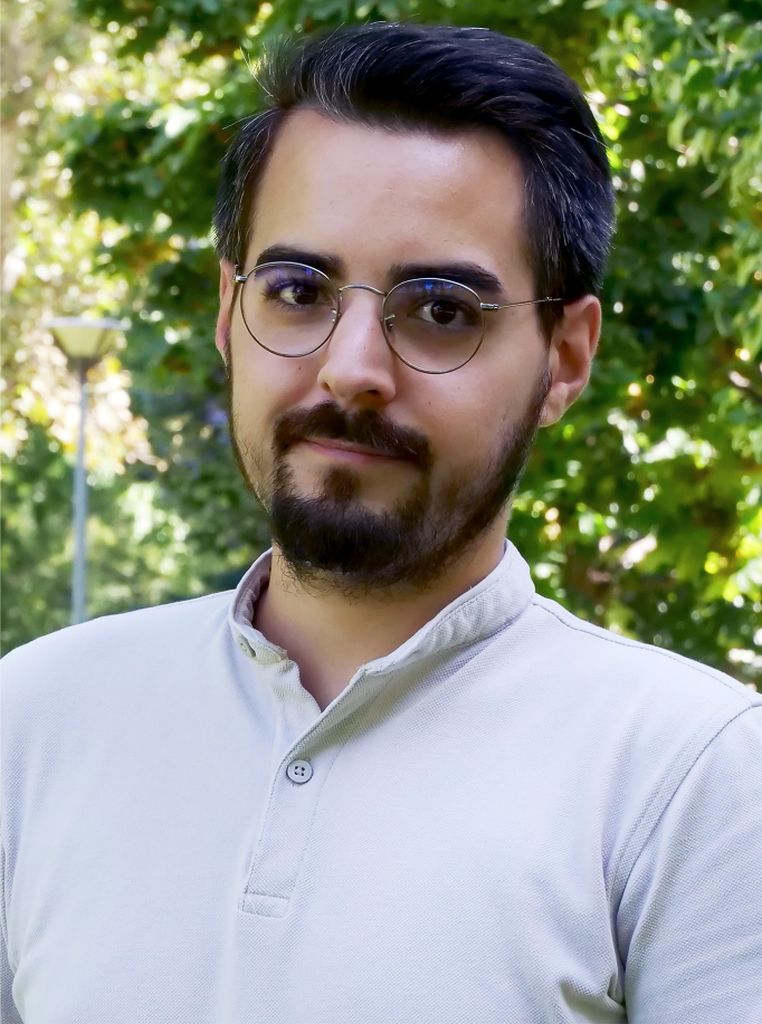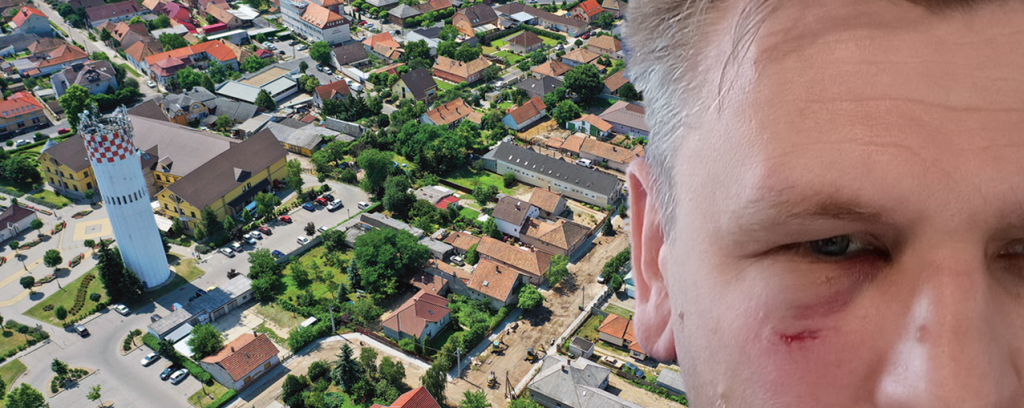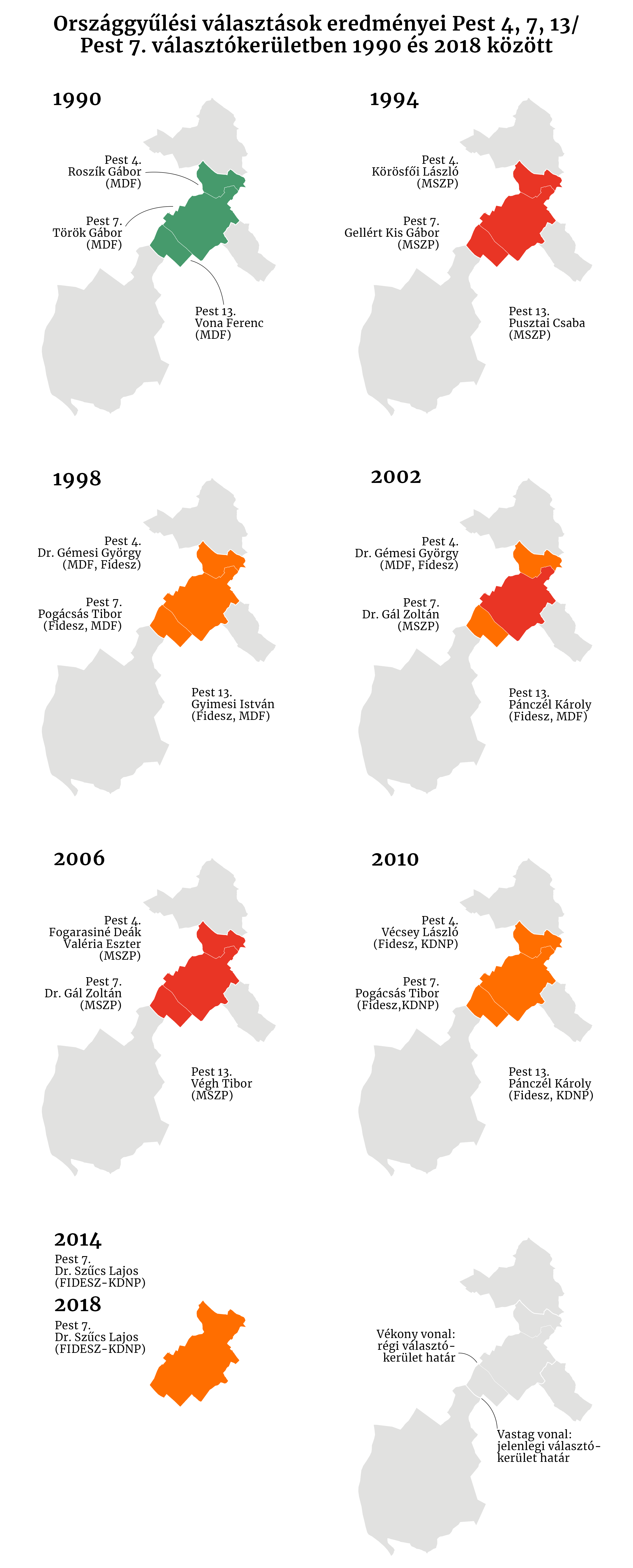The https://english.atlatszo.hu use cookies to track and profile customers such as action tags and pixel tracking on our website to assist our marketing. On our website we use technical, analytical, marketing and preference cookies. These are necessary for our site to work properly and to give us inforamation about how our site is used. See Cookies Policy
Spitting, punching, exclusion from party – real battlefields in Pest County ahead of election
In Budapest, the governing parties are not likely to win many seats during the April 3 elections, at least that is what all analysts expect, except for a few places. Based on the numbers, the situation would be similar in most of the Pest County districts surrounding the capital of Hungary. The opposition started the campaign accordingly – only to end up at each other’s throats. However, recent scandals suggests that Fidesz has not given up on the agglomeration, and in fact sees a chance in districts that are classified a likely win for the opposition.
A little more than a month ago, a portal which specialises in exposing the opposition, published the disgraceful comments of Mihály Gér, the opposition candidate for the 10th constituency of Pest county, about the young couple who were (innocently) run over by him. Even though the collection of signatures had already taken place, the candidate’s position had become untenable and he withdrew. He was replaced by Rebeka Szabó, deputy mayor of Zugló, with no local roots.

A member of the council of representatives of Göd who was expelled from DK and who has spent the last two years fighting with the mayor from another opposition party, Momentum, also talked to pro-government press about the internal situation of the council. However, he has problems not only with the leader of his own municipality, but also with the elected opposition candidate of the constituency, Dávid Dorosz. In a statement to Mandiner, he claimed that the primary election was a “pre-played circus”, and also referred to economic links between Dorosz’s campaign manager and Göd’s public procurement consultant.
Szigetszentmiklós also did not escape the internal war, which was sensationalised by the Fidesz media. János Nagy, the originally right-wing mayor elected in 2019, dismissed his deputy, Attila Jószai of the DK party last year. He eventually succeeded in getting his post reinstated, but his salary was reduced significantly. Jószai then went to the government office to seek justice, and the battle for his position escalated to assault. In the meantime, the primary election was organised, in which the deputy mayor’s wife, Teodóra Jószai, triumphed over the mayor.
The most interesting case, however, is undoubtedly that of Vecsés. Based on previous results, the opposition candidate has a good chance of winning in the constituency of Pest 7, but that is not the only reason to pay attention to the district. There have been a number of scandals in the electoral district that have recently drawn attention to the area, both from the opposition and the governing party.
Six candidates are running
The National Election Office has registered six candidates in the district: the opposition coalition led by Péter Márki-Zay, is running Péter Fricsovszky-Tóth, who has been a local government representative of Üllő since 2019. He also stood as a candidate for mayor with the support of the opposition parties, but was defeated by independent, but Fidesz-supported Katalin Kissné Szabó.
The Fidesz candidate Lajos Szűcs Dr. was already active in the campaign in Ócsa in the 1990 local elections. In the 2001 by-elections (which were called because of the death of former MP Attila Búza), he won a seat in the Pest 14 constituency of Dabas, where he was a representative until 2010. In 2011, he became president of the Hungarian Tennis Association and in 2014 of the Hungarian National Fishing Association. For the last 8 years, he has been a representative of the Pest 7 district.
The far-right Mi Hazánk decided to enter the contest with Szabóné Klára Papp, who has lived in Vecsés since birth. Previously, in 2018, she was the president of the organisation of the Jobbik party in Vecsés. As a representative, she would like to improve the water quality and the transport for those who live in the agglomeration.
Other candidates for the district are István Balogh from György Gattyán’s Megoldás Mozgalom, who, according to the party’s website, is from Gyömrő and whose main goals include the development of healthcare. Dániel Bocz – who a member of the Normal Life Party of the virus-sceptic Görgy Gődény – but about whom not much information is available on the internet.
Hungarian Two Tailed Dog Party is also running a candidate in the electoral district – according to the party’s website, a dog called RR Rado, but as this is not (yet) possible in practice, the National Election Office has registered the dog’s owner, Petra Iván. “I consider my own dog a much better person than myself, it was obvious that he would run in the election”, the dog’s owner told Szeretlek Magyarország.
There is a great chance of an opposition victory
In the 2018 parliamentary elections, Dr. Lajos Szűcs (Fidesz-KDNP) received the most votes (44.82%), more than 15% ahead of Zoltán Sas, who ran for Jobbik. Four years earlier, in 2014, the Fidesz candidate received slightly fewer votes than in 2018, but still beat Rebeka Szabó of the coalition (MSZP-Együtt-DK-PM-MLP) by 7,000 votes. Jobbik’s candidate Zoltán Sas only came third this year.
However, if the votes cast for all opposition candidates are added together, the numbers would be different: there was a good chance that the opposition party would have beaten the governing party’s candidate. In 2014, the opposition parties received a total of 5,256 more votes, a difference of more than 10 percent. Four years later, in 2018, the margin was a little less, around 8.1 percent in favour of the opposition. In other words, the figures show that, with a coalition, the district could almost certainly have gone to the opposition.
Suspended party membership, spitting and threats
The constituency is an interesting place to be ahead of the elections, especially because of the number of scandals linked to it – on both the government and opposition sides.
In March 2019, we reported that Péter Fricsovszky-Tóth – who was not yet a local government representative at the time – was blackmailed and threatened after he tried to reveal the operational flaws of the Üllői Sportliget Housing Park Water Utility Association to the association’s managing director.
He recorded the meeting with a hidden camera and later filed a complaint, but the police did not see the conversation as threatening, despite the fact that it included, among other things, what would happen to him and his family if he took action as president to make residents pay less. The case was brought back to court in September, but the scandalous activities of the association have yet to be fully exposed.
The opposition MP was also the subject of a series of articles at the end of February. Index was the first to report that Péter Fricsovszky-Tóth had clashed with István Hegymegi, local councillor of Gyál from DK, at Klára Dobrev’s forum. According to their sources, the relationship between the two politicians has not been free of conflict in the past, and the Demokratic Coalition informed the paper that they have already started the exclusion procedure against István Hegymegi, and will suspend his party membership until then.
Péter Fricsovszky-Tóth, however, wrote on his Facebook page that there was no fight. “István Hegymegi, a suspended member of the Democratic Coalition, provoked me, spat at me and when I turned away from him, he hit me.” As he writes, Hegymegi is “acting as a Fidesz provocateur”: since the primaries he has been trying to do everything to undermine his victory, as well as deceiving voters and harassing activists. The case will be investigated by the police, as the opposition candidate has filed a complaint.
István Hegymegi later gave his version of events to the Index. “He stepped in front of me, with his face ten centimetres away from mine, and in a defiant posture and raised his voice he called me all sorts of scoundrel. We have seen him behave like this before. I tried to keep my face so that he wouldn’t head-butt me. Unfortunately, he speaks with a splash of saliva. I told him to put on a mask, but he wouldn’t listen, so I spat on him. He then moved towards me threateningly, his left hand swung towards me, which he claimed was to catch my hand. I took this as an attack and reflexively pushed him back.”
Hegymegi also said that many within DK were outraged when it was revealed who would be the candidate in the electoral district, with several leaving the party – all because of the candidate’s “dubious business affairs and scandalous past”, adding that they were told that Péter Márki-Zay had insisted that Péter Fricsovszky-Tóth – whom he considers a “common economic swindler” – should stand in the constituency. Soon after the interview was published, the pro-government press published several stories about the opposition candidate’s business affairs.
Disappearing billions at the Tennis Association
In the context of the constituency, it is also worth mentioning the scandals surrounding the Hungarian Tennis Association (MTSZ), especially concerning the organisation’s financial management, which is interesting because Lajos Szűcs, a Fidesz MP, has been running the organisation since 2011.
The scandal erupted after two of the most successful Hungarian tennis players, Márton Fucsovics and Tímea Babos, expressed their dissatisfaction and then broke off relations with the organisation. In 2018, HVG reported that the Budapest Chief Prosecutor’s Office had opened an investigation against the Hungarian Tennis Association on suspicion of misappropriation. We also wrote that according to the denunciation of the member organisation, private companies are enriching themselves from the state subsidies of the Association. It was later revealed that a subcontractor owned by an employee and press officer of the tennis federation had been used to organise the tournament.
In 2020, Népszava wrote that the MTSZ was HUF 3.5 billion short of funds – it turned out that it owed tens of millions to employees and players – so the president of the organisation asked the Ministry of Human Capacities (EMMI) for financial help. (Since then, it turned out that the shortfall was even bigger, nearly five billion. And the forensic auditor’s report also found false tax returns and VAT fraud.) The Ministry eventually provided the requested assistance, but it had to elect a new board after Lajos Szűcs was forced to resign.
The leadership of the association was taken over in the summer of 2020 by János Lázár, at the personal request of PM Viktor Orbán, who launched another prosecution against the association for its missing billions.
The scandals surrounding the organisation have not eased recently either: in February 2022, it was revealed the Tennis Association had been cheating with PCR tests, and it later emerged that the false negative tests had been issued on behalf of Semmelweis University.
Translated by Zita Szopkó. The original, more detailed Hungarian version was written by Krisztián Szabó, András Hont and Zita Szopkó, and can be found here.
Hungary. What do you know about Hungary? from atlatszo.hu on Vimeo.




